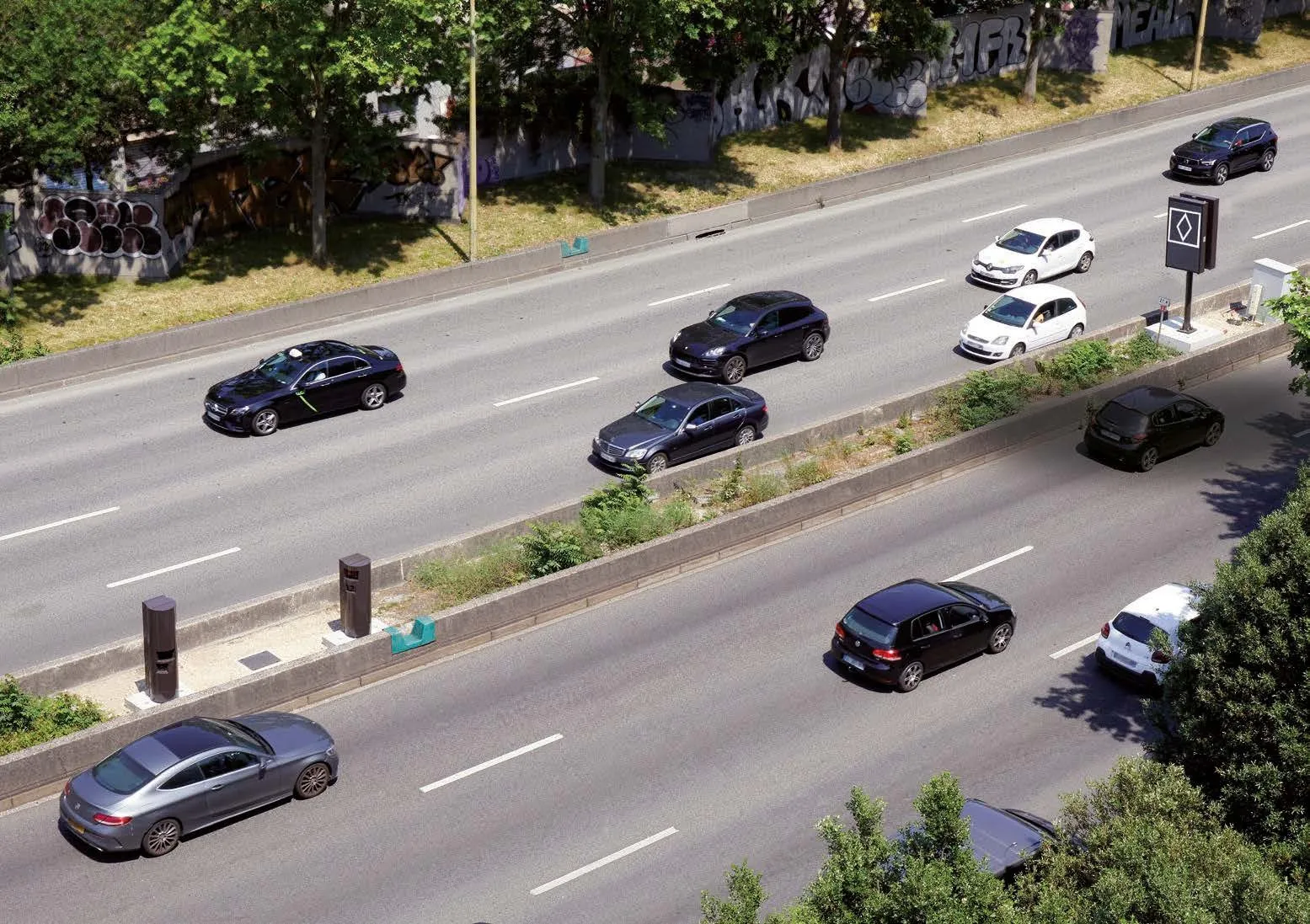Urban transport of the future will become a reality in October in the French city of Grenoble thanks to a partnership between the City and the Metropolitan Area of Grenoble, French energy company EDF, Japanese car maker Toyota and Citélib, a local car-sharing operator.
Toyota is contributing 70 of its i-Road and Coms ultra-compact personal mobility electric vehicles to a three-year integrated electric vehicle (EV) car sharing and public transport test project that is being launched in Grenoble, France in
July 2, 2014
Read time: 2 mins
Urban transport of the future will become a reality in October in the French city of Grenoble thanks to a partnership between the City and the Metropolitan Area of Grenoble, French energy company EDF, Japanese car maker 1686 Toyota and Citélib, a local car-sharing operator.
Toyota is contributing 70 of its i-Road and Coms ultra-compact personal mobility electric vehicles to a three-year integrated electric vehicle (EV) car sharing and public transport test project that is being launched in Grenoble, France in the autumn.
Connected to the public transport system's IT infrastructure, this new car-sharing scheme will complement Citélib by allowing users to pick up one of the small EVs at one location and drop it off at another. The project also aims to promote interconnectivity of public transport methods (trams, buses, trains) and a new type of personal mobility using small vehicles that take up less space than a normal car.
Vehicles can be charged at around 30 charging stations managed by Sodetrel (EDF Group) and located close to public transport stops
The project partners say they are offering Grenoble an innovative service which will allow a real-life, thorough evaluation of the potential of this new form of mobility. “The Grenoble-Alpes Métropole community has always been open to innovation,” explains Christophe5343 Ferrari, President of the Grenoble-Alpes Métropole. “The partnership itself, between us, Toyota, EDF and Citélib is in and of itself also an innovation in France,” he added. “It's a great opportunity for our community to test, for three years and exclusively in Europe, a new mode of mobility that's not only innovative but also economic and ecological. It’s an experiment that is bound to be followed by others for the benefit of our citizens.”
Toyota is contributing 70 of its i-Road and Coms ultra-compact personal mobility electric vehicles to a three-year integrated electric vehicle (EV) car sharing and public transport test project that is being launched in Grenoble, France in the autumn.
Connected to the public transport system's IT infrastructure, this new car-sharing scheme will complement Citélib by allowing users to pick up one of the small EVs at one location and drop it off at another. The project also aims to promote interconnectivity of public transport methods (trams, buses, trains) and a new type of personal mobility using small vehicles that take up less space than a normal car.
Vehicles can be charged at around 30 charging stations managed by Sodetrel (EDF Group) and located close to public transport stops
The project partners say they are offering Grenoble an innovative service which will allow a real-life, thorough evaluation of the potential of this new form of mobility. “The Grenoble-Alpes Métropole community has always been open to innovation,” explains Christophe








